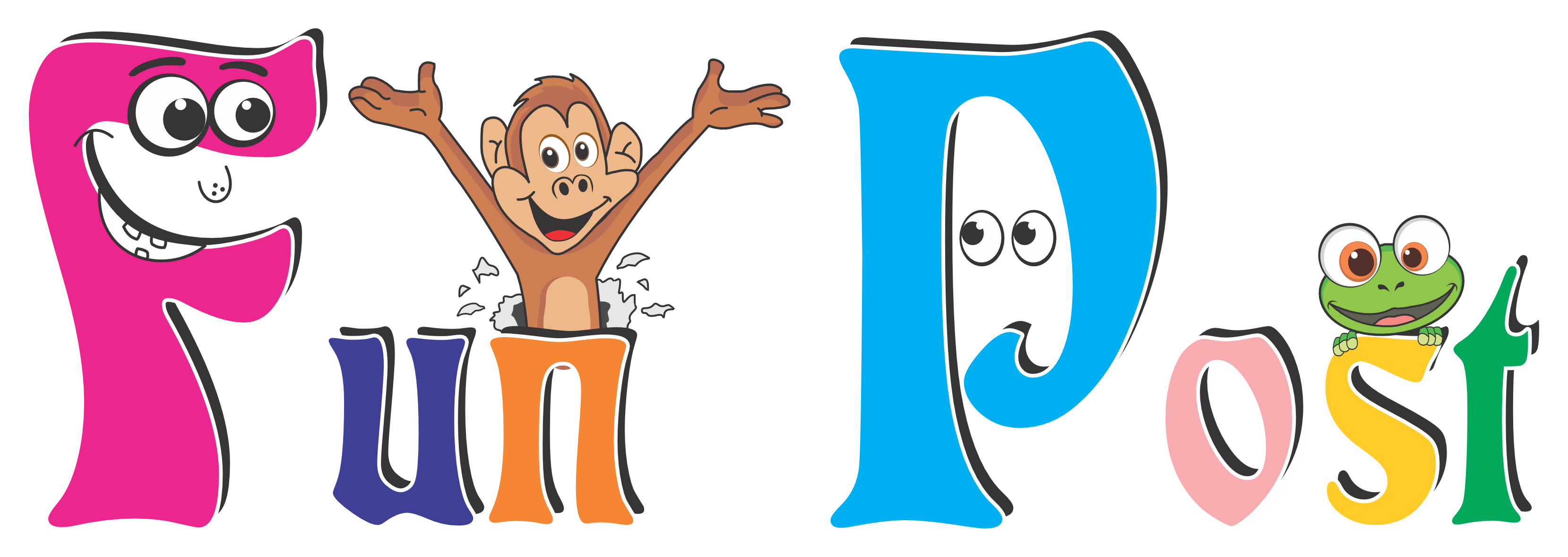THE POND
Share
Rhea and her mother Sarita had been working at our home for the last ten years. Rhea was six years of age when I first saw her, wearing a blue frock that would blow up like a balloon whenever she circled playfully. She had the disguise of an angel- flawless wheatish skin, rosy cheeks and glimmering brown eyes. Had I not known her true identity, I would have certainly mistaken her for a celebrity’s daughter. I was fifteen years old back then and I remember well how I used to play with her while Sarita aunty did the various chores of the house. We would sit by the pond while I read her stories from a book which was one of my favourites when I was as young as her. I narrated several stories- about princesses, about festivals, about Christmas and most importantly about different scientists. She always developed a curious spark in her eyes when I talked about famous scientists and would persuade me to tell her more about them. The entire evening would pass by but her desire to hear about them would never end. Her curiosity motivated me to learn more so as to keep imparting knowledge to her. I have noticed that girls of such a small age are usually interested in princesses and dolls. Girls are always moulded to take an interest in the same during childhood. However, Rhea was different. Unfortunately, no one was aware of that fact except me. Two years later, Rhea was forced to work at someone else’s home to earn for her family. I protested a lot for the eight-year-old child but to no avail. After all, I was just seventeen and did not have any authority over Sarita aunty. My evenings were no more delightful. I found it disgusting how the poor child’s mother sent her daughter to a stranger’s place for strenuous work. It struck to me later that Rhea was just another girl from the suburbs who had no choice but to accept her state of poverty. I was wrong. After a year, at the age of eighteen, I went abroad to complete my higher education. When I returned home, after five years, nothing had changed except one little thing. Rhea was now working at our home. I was exalted at seeing her but at that moment I couldn’t decide whether she felt the same or not. I learnt later that her mother had died from a heart attack. The only person whom she probably trusted was no more. Rhea had changed. Her circumstances had stolen her charm. The little girl who once used to bloom like a flower was lost. As I was observing her, a sudden gust of wind deprived the trees of their leaves outside the window and tears flowed down my eyes. After a few days, I noticed one thing. Whenever Rhea looked at me her eyes would convey something. It seemed as if she wanted to seek help but she knew that I wouldn’t be able to help her. Among all the things about her that had changed, the curiosity which her eyes carried was intact. One fine evening, after sunset, while I was finishing writing an article, Rhea suddenly approached and sat beside me. I kept my laptop aside and asked her to come closer. She asked me questions about my studies and my career and I happily answered them even though I wasn’t sure if she would understand any of them. “When you went, a fish was born in the pond, didi. But someone caught it and probably made dinner from it.” Rhea said. I silently listened to her. “But then I never let anyone touch the pond. Now look, it has so many fish!”, she continued. I could not make anything out of her talks. It had become late and I suggested we prepare for bed. I kept wondering about the pond and the fish the whole night. From that day onwards, it again became a ritual between me and Rhea to sit by the pond every evening. This time, it was Rhea who would share her stories. She was a victim of child labour and her stories were as direful as the term is. Most of the time it would take me a day or two to process her sentences but she kept on narrating to me. “My stories are not as good as the ones you used to narrate. You aren’t bored, didi, are you?” she used to ask me. How could I deny those pretty eyes of her and the girl who was once the reason for my happiness? One day she came up to me and gave me a blank stare. After a while she spoke, “You knew I liked science, didn’t you? You knew I never wanted to become like my mother. Why didn’t you help me, didi? I needed you back then. You left me.” I was stunned. Despite the grand education I had received for years, I had failed in helping a human. And Rhea, who knew so little about the world had defeated me. After a while, I apologised to her saying, “I had tried. I wish I would have tried harder. You know, the doors to the sky are always open, it is for us to spread our wings. I failed to spread mine. If I would have, I could have saved you.” and completing the sentence I broke down into tears. She began consoling me and eventually I slept, crying in my dreams, embarrassed of such a grave mistake on my part. The next morning, I woke up with heavy eyes and a mind full of shame. Rhea had not yet arrived at our house even though it was past her usual arrival time. I frantically began searching for her. When I found no signs of her presence, I went near the pond, with a heavier heart. A note was stuck over there. It said: “Do not feel guilty, didi. After all, you did help me yesterday. It’s time for the fish to be saved. I am unsure if I will be successful but it deserves to be given a chance to live and I will help her with that. -R” I had never known that Rhea would run away. Even to this day, my conscience doesn’t believe that my advice motivated her to do so. It would be selfish of me to think so. But then perhaps, not me but my words worked. She learnt little from me and taught me a lot. She spread her wings and embarked towards the sky.

– KEYA KAKKAD
CLASS- 12B
Zydus School for Excellence







